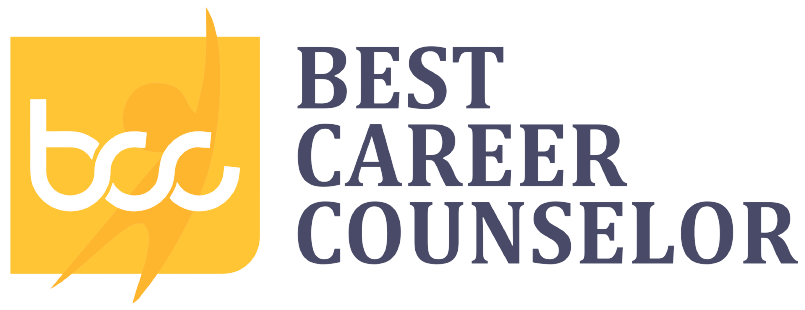Statement of Purpose (SOP)
A statement of purpose (SoP) is a document that accompanies your application to a university or graduate school, outlining your personal and academic background, career goals, and reasons for applying to the program. It is an opportunity for you to introduce yourself to the admissions committee, explain your reasons for pursuing graduate studies, and convince the committee that you are a good fit for the program.
Here are some general tips for writing a statement of purpose for university applications:
Start with an attention-grabbing introduction: Begin your statement of purpose with a compelling opening that will capture the reader’s attention and make them want to keep reading.
Discuss your academic and personal background: Describe your educational and professional background and how it has prepared you for graduate studies in your field of interest.
Explain your career goals: Explain what you hope to achieve with your graduate degree, both in terms of your immediate career goals and your long-term aspirations.
Explain your reasons for choosing the program: Explain why you are interested in the program, including specific features that make it a good fit for your goals and interests.
Highlight your relevant experience: Discuss any relevant research or professional experience you have that will make you a strong candidate for the program.
Be specific: Provide specific examples to illustrate your points, rather than simply making general statements.
Keep it concise: Be clear and concise in your writing, and avoid including unnecessary details or irrelevant information.
Edit and proofread: Make sure to edit and proofread your statement of purpose carefully, and have others review it as well, to ensure that it is error-free and clearly conveys your message.
Remember that your statement of purpose is an important part of your application, and can help set you apart from other applicants. Take the time to craft a thoughtful and compelling document that demonstrates your passion, qualifications, and potential for success in the program.
